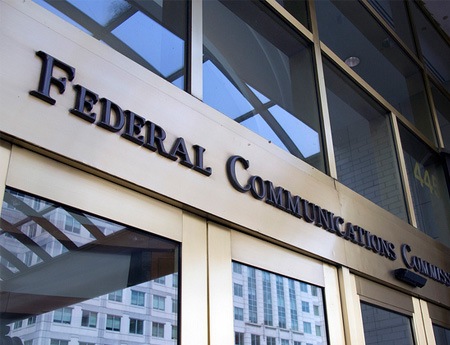D.C. Court Transfers FCC Media Ownership Decision to Third Circuit

The smarter way to stay on top of broadcasting and cable industry. Sign up below
You are now subscribed
Your newsletter sign-up was successful
Looks like the never-ending court journey of FCC media ownership rules will get a little more never-ending.
A federal court has canceled oral argument in the broadcasters' challenge to the FCC's most recent media ownership rule decision—tightening of TV station Joint Sales Agreements, which had been scheduled for Dec. 3—and is transferring the case to another court.
According to Andrew Schwartzman, attorney for Prometheus, which originally challenged the FCC's media ownership deregulation now well over a decade ago, the U.S. Court of Appeals for the D.C. Circuit has decided the case should be heard in the Third Circuit, which remanded the FCC's last attempt to resolve its media ownership rule review with instructions that when it took another crack at it, the result should go back to that circuit.
The D.C. Circuit won the lottery—literally—after challenges to the rules were filed in multiple appeals courts, but Prometheus filed a request to transfer the case back in June 2014, pointing out that the Third Circuit had retained jurisdiction.
It is not clear what that does to the timetable of the challenges, but Schwartzman thought the Third Circuit might ask for supplemental briefs and perhaps be ready to hear the case in late first quarter 2016.
He also pointed out that in response to the request that the venue be changed to the Third Circuit, the D.C. Court had asked them to brief the point and they would consider it during oral argument. Turns out they considered it beforehand.
While broadcasters challenged the FCC JSA tightening as unwarranted, Prometheus Radio Project challenged the FCC decision as insufficiently regulatory in March 2014, the FCC voted to count most TV JSAs as ownership interests, which prevents new combos in markets where the sales half of a JSA already owns a station, and requires unwinding of existing deals. Congress modified the timetable of that decision, but the decision remained.
The smarter way to stay on top of broadcasting and cable industry. Sign up below
The National Association of Broadcasters (along with Howard Stirk Holdings and Nexstar) briefed the court back in April on their issues.
They argued that the FCC evaded its obligation by rolling the unfinished 2010 ownership review into a 2014 proceeding that won't be done until 2016. They argue the FCC had a statutory responsibility to make a decision on whether existing rules limiting station ownership were still necessary.
They also take issue with the FCC's decision as part of that review to make most TV joint sales agreements attributable as ownership interests, pointing out that while the FCC said it could not reach any decisions about existing rules, it managed to create a new ownership rule regarding JSAs.
The broadcasters also say the FCC refused to consider the public interest benefits of JSAs.
Backing Prometheus' challenge was the Minority Media & Telecommunications Council.
Prometheus, among other things, takes issue with the fact that the FCC has yet to comply with the Third Circuit Court of Appeals' order to justify or modify the FCC's method of boosting minority ownership, or propose new measures to do so.
In deciding to combine the 2010 and 2014 congressionally mandated media ownership rule reviews, the FCC deferred a decision on the minority issues.
Contributing editor John Eggerton has been an editor and/or writer on media regulation, legislation and policy for over four decades, including covering the FCC, FTC, Congress, the major media trade associations, and the federal courts. In addition to Multichannel News and Broadcasting + Cable, his work has appeared in Radio World, TV Technology, TV Fax, This Week in Consumer Electronics, Variety and the Encyclopedia Britannica.

